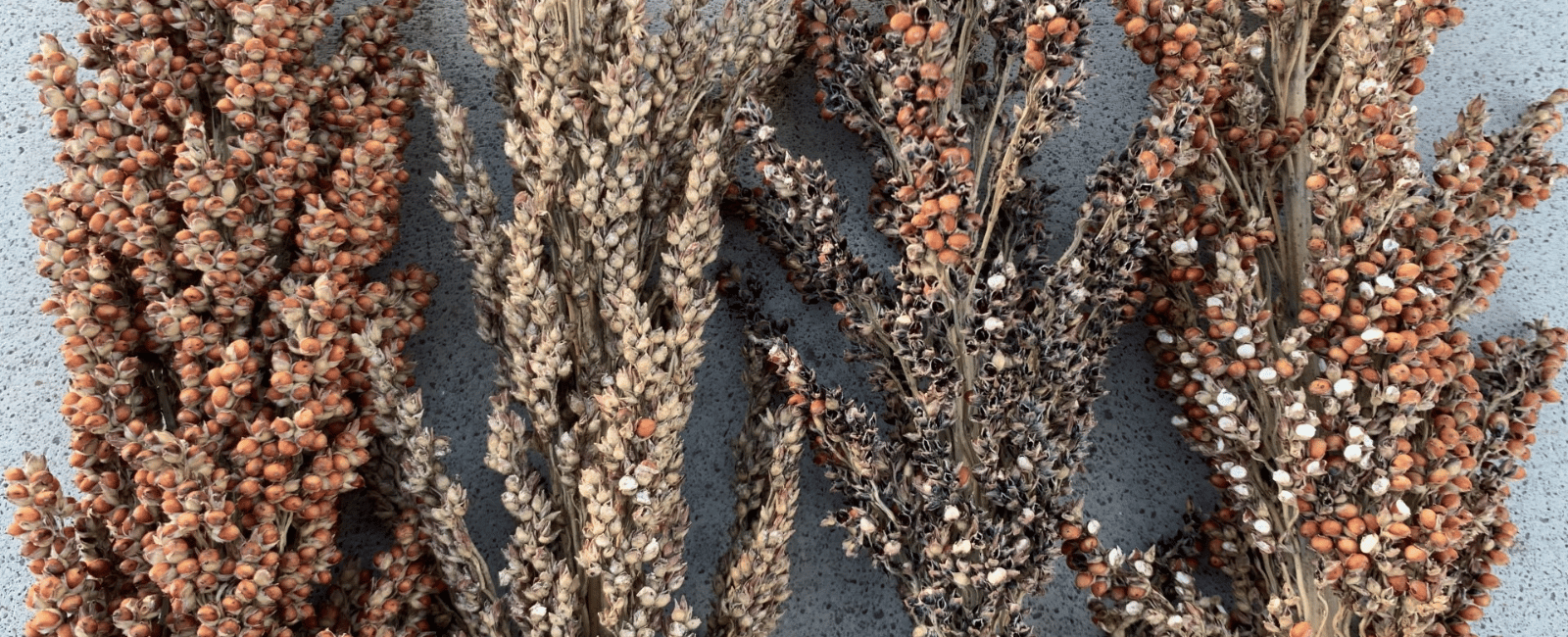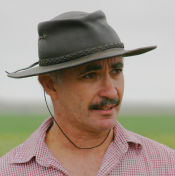
Entomology
Strengthening Agriculture: Integrated Pest Management Initiatives in Western Kansas
The entomology program at WKREC has a broad mandate to develop IPM strategies for rain-fed agriculture in the region. Integrated pest management means combining cultural, chemical and biological control tactics to achieve crop protection in the most cost-effective way possible. The goal is cost-effective reduction of crop losses to insects, and it is essential to remember that this does not always require lethal control of insects. Regional crops have a generally low per-acre value relative to more intensive forms of agriculture. This presents a significant challenge: pest control tactics must be cheap to implement, or they will yield no economic benefit for the farmer. Under these conditions, sound pest management strategies are more often preventative than curative. The key to IPM is a good understanding of the biology and ecology of the pest and the physical and environmental factors affecting its behavior and population dynamics. Consequently, our research projects range from fundamental biological studies of insect behavior under controlled conditions to field trials designed to evaluate crop protection tactics at a commercial farm scale. Our program also supplies general entomology extension support for Northwestern and Central Kansas.
Current Projects
- Biological control of the newly-invasive sugarcane aphid, Melanaphis sacchari, on sorghum.
-
Evaluation of sorghum lines expressing resistance to sugarcane aphid.
-
Assessment of non-target effects of insecticides used to control sugarcane aphid.
-
A comparison of Hippodamia convergens populations for resistance to key insecticide groups.
-
Field trials to assess the value of insecticidal seed treatments in commercial sunflower.

Michaud, J.P.
Professor, Entomologist

Zukoff, Anthony
Extension Associate